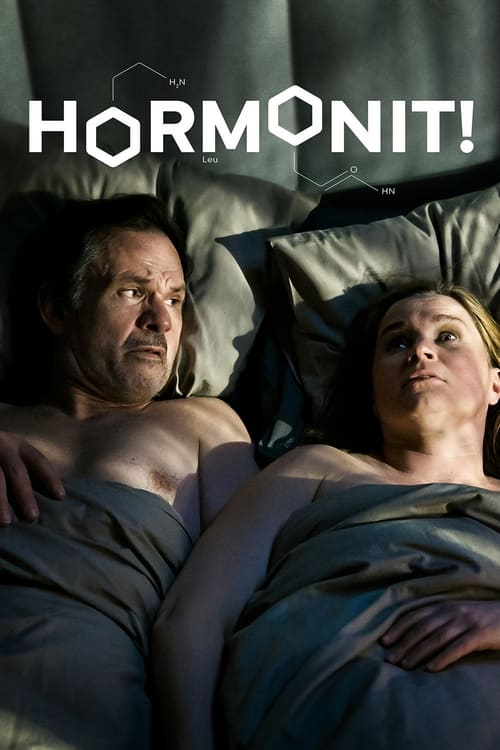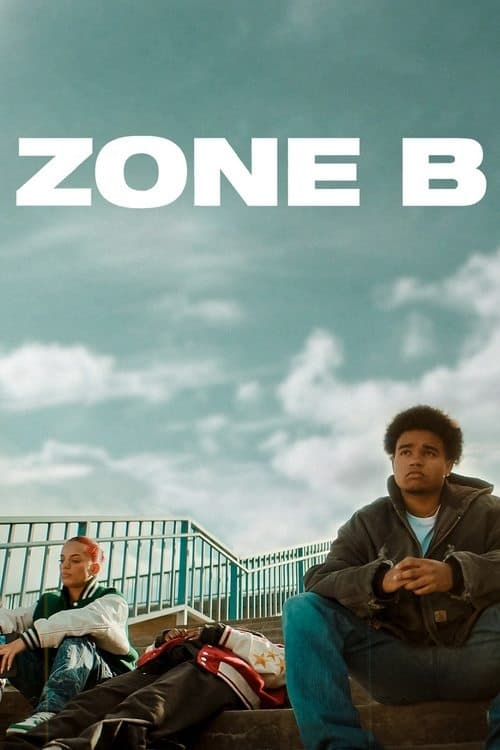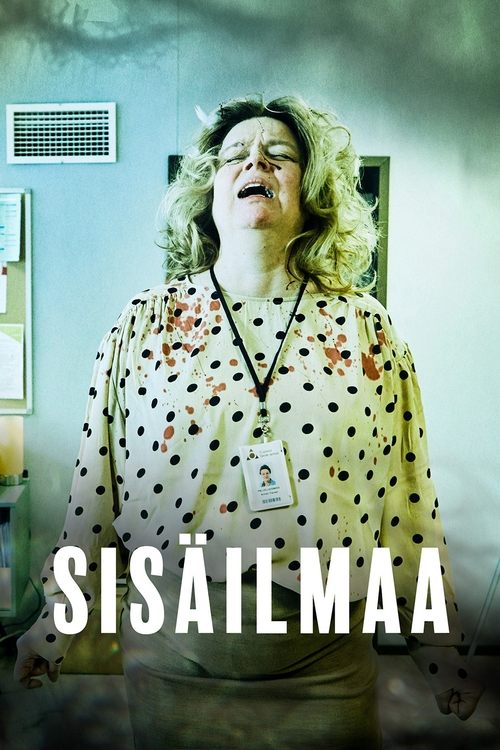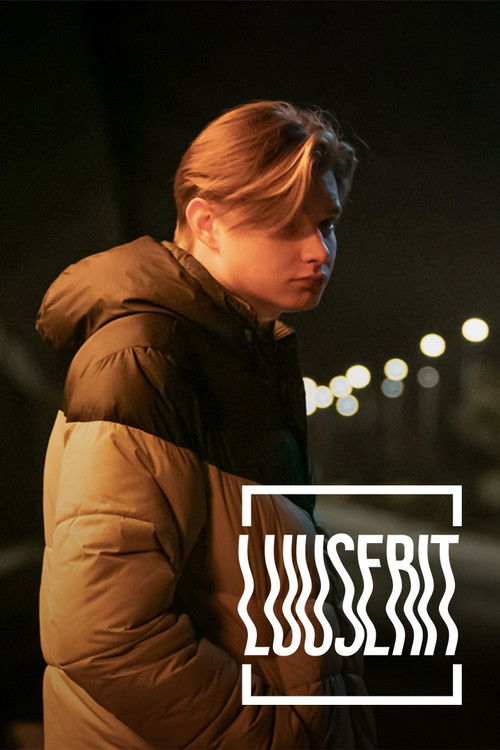
Ask Your Own Question
What is the plot?
In the opening scene of "Episode 4," the camera pans over a quiet suburban neighborhood at dawn. The sun rises, casting a warm glow over the houses. Inside one of the homes, we find Mia, a single mother, waking up to the sound of her alarm. She looks tired and worn, reflecting the struggles she faces as she juggles work and parenting. As she prepares breakfast for her two children, Lily and Max, we see her internal conflict; she wants to provide a stable life for them but feels overwhelmed by her responsibilities.
After breakfast, Mia drives the kids to school. During the car ride, Lily, the older daughter, expresses her anxiety about an upcoming school presentation. Mia reassures her, but we can see the worry etched on her face. This moment highlights Mia's desire to be a supportive mother while grappling with her own fears about their future. As they arrive at school, Mia gives Lily a pep talk, encouraging her to be brave, and they share a brief, tender moment before Lily rushes off.
The scene shifts to Mia at work, where she is a waitress at a local diner. The diner is bustling with customers, and Mia moves quickly between tables, taking orders and serving food. During a brief break, she receives a phone call from her estranged mother, who wants to reconnect. Mia hesitates but ultimately decides to ignore the call, showcasing her unresolved feelings about their relationship. Her co-worker, Sarah, notices Mia's distress and tries to offer support, but Mia brushes it off, indicating her struggle to open up.
Later that day, Mia picks up the kids from school. On the way home, they encounter a group of neighborhood kids playing outside. Max, the younger son, wants to join them, but Mia is hesitant, fearing for his safety. This leads to a small argument between Mia and Max, revealing her protective nature and the tension between wanting to keep her children safe and allowing them to experience childhood. Eventually, she relents, allowing Max to play while she watches from a distance.
As night falls, Mia prepares dinner, and the family sits down to eat. The atmosphere is tense as Lily brings up her presentation again, and Mia tries to encourage her. However, the conversation quickly shifts when Max accidentally spills his drink, causing frustration to bubble over. Mia raises her voice, and the children retreat into silence, highlighting the strain in their family dynamic. After dinner, Mia reflects on her outburst, feeling guilty for not being the calm, nurturing mother she aspires to be.
The next day, Mia decides to attend a support group for single parents, hoping to find solace and advice from others in similar situations. The group meets in a community center, and as Mia listens to the stories of other parents, she begins to feel a sense of belonging. One parent, in particular, shares a story about overcoming adversity, which resonates deeply with Mia. Inspired, she opens up about her own struggles, revealing her fears and hopes for her children. The group offers her encouragement, and she leaves feeling a renewed sense of purpose.
Back at home, Mia implements small changes in her routine, trying to be more present for her children. She helps Lily practice her presentation, and we see a shift in their relationship as they bond over the material. Mia's patience and support help Lily gain confidence, and the two share a heartfelt moment, reinforcing their connection.
As the episode progresses, Mia receives an unexpected visit from her mother, who shows up at her doorstep. The encounter is tense, filled with unspoken words and unresolved issues. Mia is initially defensive, but her mother expresses a desire to mend their relationship. This confrontation forces Mia to confront her past and consider the possibility of forgiveness. The episode ends on a cliffhanger, with Mia standing at the threshold, torn between the pain of her past and the hope for a better future.
What is the ending?
In the ending of "Dear Children," Season 1, Episode 4, the characters face the consequences of their choices. Tensions rise as unresolved conflicts come to a head, leading to emotional confrontations. The episode concludes with a sense of uncertainty for the future, as the characters grapple with their relationships and the impact of their decisions.
As the episode unfolds, we find ourselves in a dimly lit living room, where the atmosphere is thick with unspoken words. The main characters, Sarah and Tom, sit across from each other, their expressions a mix of frustration and longing. Sarah, feeling the weight of her recent decisions, struggles to articulate her feelings. Tom, on the other hand, is visibly hurt, his eyes reflecting a deep sense of betrayal. The silence between them is palpable, each moment stretching as they both contemplate the gravity of their situation.
Scene shifts to the kitchen, where Mia, Sarah's younger sister, is preparing dinner. She overhears the muffled voices from the living room and pauses, her hands trembling slightly as she senses the tension. Mia has always looked up to Sarah, and the rift between her sister and Tom leaves her feeling torn. She finishes chopping vegetables, her mind racing with thoughts of how to mend the situation, but she feels powerless.
Back in the living room, Sarah finally breaks the silence, her voice shaky but determined. She expresses her feelings of being trapped and misunderstood, revealing her desire for independence. Tom listens, his expression softening as he realizes the depth of Sarah's struggles. He responds with vulnerability, sharing his own fears of losing her and the pain of feeling inadequate. This moment of honesty begins to bridge the gap between them, but the underlying issues remain unresolved.
The scene transitions to Mia, who, unable to bear the tension any longer, steps into the living room. She pleads with them to talk things through, her youthful innocence shining through as she tries to mediate. Her presence brings a moment of levity, but it also highlights the weight of the adult conflicts that have overshadowed their family dynamic. Sarah and Tom exchange glances, recognizing the impact their issues have on Mia.
As the episode nears its conclusion, the characters gather around the dinner table, a symbolic act of unity despite the lingering discord. They share a meal, but the atmosphere is still charged with unspoken words. Sarah and Tom's eyes meet across the table, a silent acknowledgment of their shared pain and the journey ahead. Mia, sensing the tension, tries to lighten the mood with a joke, but the laughter feels forced.
The final scene captures Sarah standing alone on the balcony, looking out into the night sky. The weight of her choices hangs heavy on her shoulders, and she contemplates her future. Tom joins her, and they share a moment of quiet understanding. The episode ends with a lingering shot of the two of them, standing side by side but still grappling with the uncertainty of their relationship.
In this poignant conclusion, each character is left to confront their own emotional turmoil. Sarah is at a crossroads, seeking clarity and independence, while Tom is left to ponder the fragility of their bond. Mia, caught in the middle, represents the innocence that is often overshadowed by adult conflicts. The episode closes with a sense of unresolved tension, leaving viewers to reflect on the complexities of relationships and the challenges of communication.
Is there a post-credit scene?
In "Episode 4" of "Dear Children," there is indeed a post-credit scene that adds an intriguing layer to the episode's narrative.
As the credits roll, the screen fades to black before transitioning to a dimly lit room filled with scattered papers and photographs. A single desk lamp casts a warm glow over a cluttered desk, where a figure is seen hunched over, scribbling notes furiously. The camera slowly zooms in, revealing the face of a character who has been a minor presence throughout the season, but whose significance is now coming to light.
This character, visibly anxious and determined, is piecing together a timeline of events that have unfolded in the previous episodes. The photographs depict various children from the community, each with a string connecting them to a central figure, hinting at a deeper conspiracy or connection that has yet to be fully explored.
As the character mutters to themselves, their voice trembles with a mix of fear and resolve, suggesting they are on the brink of uncovering something monumental. The scene ends with a close-up of a photograph that shows a child looking directly at the camera, their expression hauntingly aware, as the screen fades to black once more, leaving viewers with a sense of foreboding and anticipation for what lies ahead in the series.
This post-credit scene effectively sets the stage for future developments, hinting at hidden truths and the interconnectedness of the characters' lives, while also deepening the emotional stakes of the narrative.
How does the episode explore the theme of friendship through the character interactions?
In Episode 4, the dynamics of friendship are explored through Mia and Liam's interactions, particularly during a scene where they share a heartfelt conversation about their fears and aspirations. This moment not only strengthens their bond but also highlights the importance of support and understanding in navigating personal challenges.
What significant event occurs in Episode 4 that impacts the main character's relationships?
In Episode 4, a pivotal confrontation occurs between the main character, Mia, and her estranged father, which forces her to confront her feelings of abandonment and resentment. This emotional clash not only deepens Mia's character but also affects her relationship with her mother, who has been trying to shield her from the truth about their family dynamics.
How does the character of Liam evolve in this episode?
Liam, who has been portrayed as the supportive friend, faces his own struggles in Episode 4. He grapples with feelings of inadequacy as he tries to help Mia while dealing with his personal issues. His vulnerability is highlighted when he confides in a friend about his fears of not being enough, showcasing a more complex side to his character.
What role does the school play in the events of Episode 4?
The school serves as a backdrop for several key scenes in Episode 4, including a tense assembly where Mia's father unexpectedly shows up. This event not only heightens the drama but also symbolizes the public nature of Mia's private struggles, as her classmates witness her emotional turmoil.
What is the significance of the letter Mia finds in Episode 4?
Mia discovers a letter from her late grandmother in Episode 4, which reveals family secrets and provides context for her mother's behavior. This letter acts as a catalyst for Mia's journey of self-discovery, prompting her to reevaluate her understanding of her family's past and her own identity.
Is this family friendly?
In "Dear Children," Season 1, Episode 4, there are several elements that may be considered potentially objectionable or upsetting for children or sensitive viewers.
-
Emotional Conflict: The episode delves into themes of family strife and personal struggles, which may evoke strong emotions. Scenes depicting arguments or misunderstandings between family members could be distressing.
-
Loss and Grief: There are moments that touch on loss, which may be heavy for younger viewers or those who have experienced similar situations. The portrayal of characters dealing with grief can be intense.
-
Difficult Conversations: Characters engage in discussions about sensitive topics, such as mental health and personal failures, which may be challenging for some viewers to process.
-
Tension and Anxiety: The atmosphere in certain scenes may be charged with tension, leading to feelings of anxiety or discomfort, particularly during confrontational moments.
-
Visual Imagery: Some scenes may include visual representations of emotional distress that could be unsettling for sensitive viewers.
Overall, while the show addresses important themes, the emotional depth and complexity may not be suitable for all children or sensitive individuals.





























